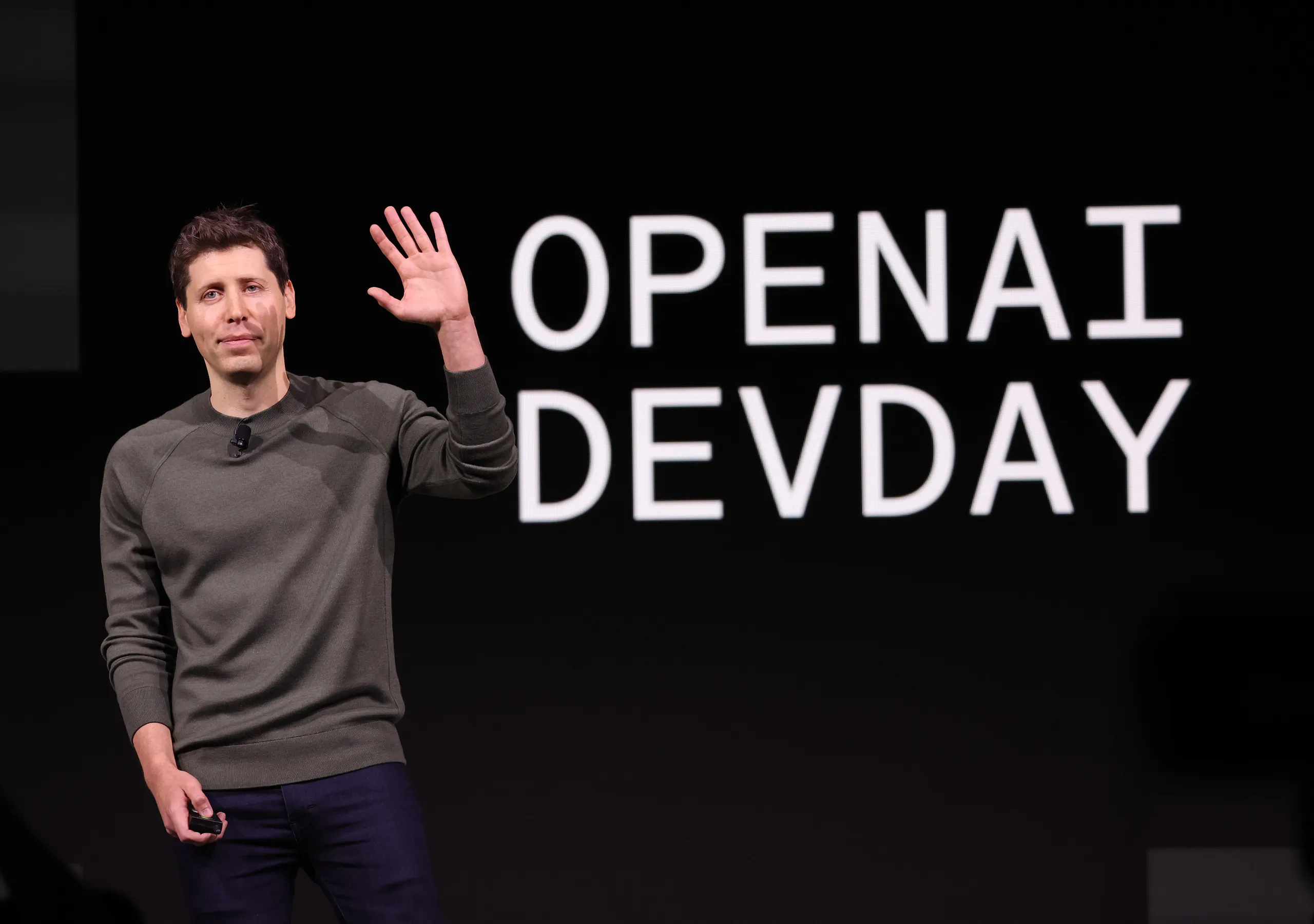OpenAI Removes CEO, Sam Altman, Angering Investors and Partners
The recent decision by OpenAI’s board to remove CEO Sam Altman has sparked a wave of backlash from investors, partners, and employees. Despite having the authority to make such a change, the board did not anticipate the strong reaction it would receive. Altman’s cult of personality, coupled with the support he enjoys within the technology community, has played a significant role in the uproar surrounding his departure.
Key Takeaway
The board of OpenAI faces intense backlash from investors and partners following the removal of CEO Sam Altman. With Microsoft’s support and the threat of legal action from venture capital backers, the board’s decision is being strongly challenged. The resignations of key figures within OpenAI signify a power struggle within the board, highlighting conflicting visions for the company’s future. The board now faces the difficult task of reassessing its decision and determining the future direction of OpenAI.
Investors’ Fury and Efforts to Reverse the Decision
Following the announcement of Altman’s replacement by Mira Murati, OpenAI’s CTO, investors and partners expressed their anger and panic. Satya Nadella, the CEO of Microsoft and a major OpenAI partner, was reportedly furious upon learning about Altman’s removal. Nadella has since been in contact with Altman and has pledged to support him. OpenAI backers, including Tiger Global, Sequoia Capital, and Thrive Capital, are now seeking the assistance of Microsoft to exert pressure on the board to reverse its decision. Some venture capital backers, such as Khosla Ventures and Reid Hoffman, are even contemplating legal action against the board.
The Role of Microsoft and its Leverage
Microsoft holds significant leverage in this situation. While OpenAI has only received a fraction of the $10 billion investment given by Microsoft, a substantial portion of the funding is in the form of cloud compute purchases rather than cash. Withholding these credits, along with the remainder of the cash investment, could leave OpenAI in a financially precarious position, as the company requires capital to sustain the costs associated with its AI systems.
Resignations and Power Struggles
In the aftermath of Altman’s removal, several key figures have resigned from OpenAI. Greg Brockman, the company’s president and co-founder, was stripped of his position as chair and subsequently resigned. Three senior OpenAI researchers, including the director of research Jakub Pachocki and head of preparedness Aleksander Madry, have also left. More resignations are reportedly imminent. The departure of these individuals reflects a power struggle within the board between Altman, Adam D’Angelo, CEO of Quora, and Ilya Sutskever, with Altman’s commercial ambitions conflicting with the board’s vision of AI benefiting humanity.
An Uncomfortable Reversal for the Board
Despite believing their decision to be right and justified, the board now faces the need for an uncomfortable about-face. Reports suggest that the board had initially agreed to resign and allow Altman and Brockman to return, possibly making room for a Microsoft-aligned member. Altman, however, appears ambivalent about coming back and would require significant managerial changes. It is clear that major shareholders feel they should have a say in OpenAI’s governance, with Altman stating that their lack of influence is “ridiculous.” As the board continues to deliberate, the fate of OpenAI’s structure hangs in the balance.

























